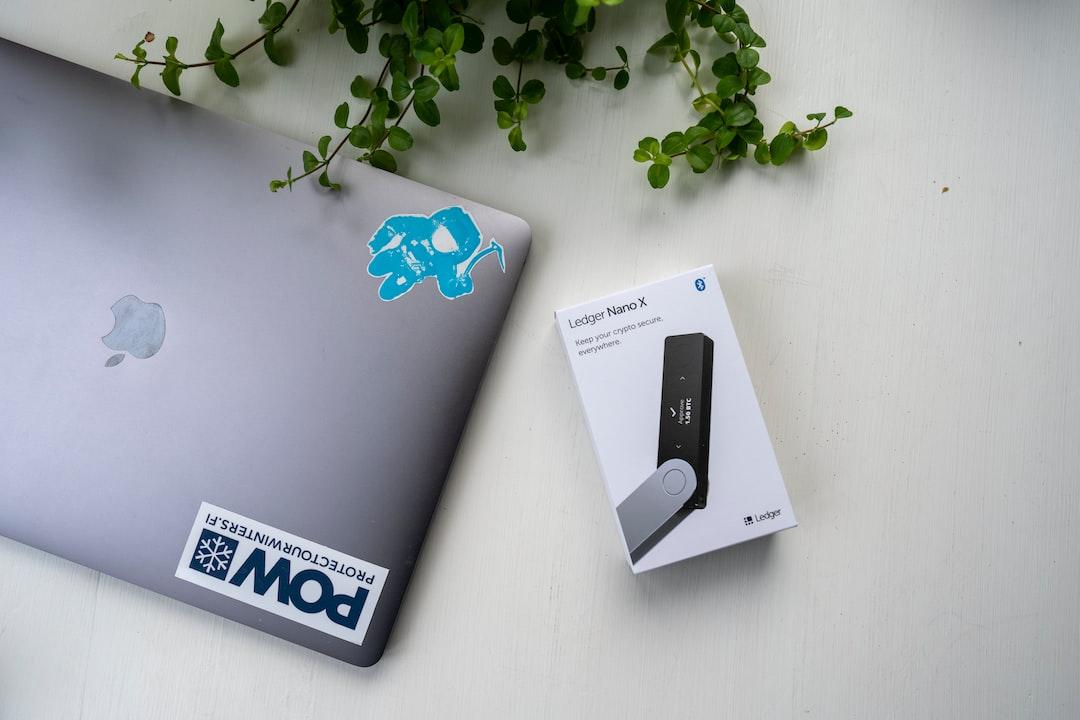El Salvador has successfully mined 474 Bitcoin, valued at $29 million, by harnessing the power of geothermal energy from the Tecapa volcano. This achievement is made possible through the use of 300 mining processors, with the country dedicating 1.5 megawatts (MW) out of the 102 MW generated by its state-owned power plant for cryptocurrency mining purposes. Reuters has reported on this development.
As concerns grow over the environmental impact of Bitcoin mining, El Salvador has emerged as a trailblazer in renewable energy mining. In a historic move in 2021, El Salvador became the first country to adopt Bitcoin as legal tender alongside the US dollar. Since then, the government has implemented several Bitcoin-focused policies, including the establishment of a geothermal plant for mining BTC.
El Salvador currently holds a total of 5,750 BTC, which amounts to approximately $354 million. However, the country has faced criticism from global organizations such as the World Bank for its adoption of Bitcoin. The bear market experienced from 2022 to 2023 intensified scrutiny, leading many to question President Nayib Bukele’s actions. Nevertheless, Bukele remained steadfast in his support for Bitcoin by announcing that the country would purchase one BTC daily.
Bukele’s commitment to Bitcoin proved successful, as he won the 2024 El Salvador presidential election with overwhelming support nationwide. This victory solidified his position and further cemented El Salvador’s dedication to digital currencies.
Bitcoin mining and its reliance on fossil fuels have long been contentious issues within the crypto industry. Advocacy groups like Greenpeace, backed by Ripple, have called for a transition from proof-of-work to proof-of-stake for Bitcoin mining. On November 22, 2023, Governor Kathy Hochul of New York signed a mining moratorium into law, making it the first US state to ban proof-of-work crypto mining activities for a period of two years.
Tesla CEO Elon Musk, after investing $1.5 billion in Bitcoin, initially planned to accept it as a payment method for Tesla cars. However, he reversed this decision due to concerns about the negative environmental impact of mining. Musk stated that he would reconsider if more than 50% of Bitcoin mining operated on renewable energy sources. Despite reports indicating that over 60% of BTC mining relies on renewable energy, Musk has yet to acknowledge these findings or implement Bitcoin as a payment option for Tesla.
Tesla is currently facing legal action for violating the Clean Air Act by releasing harmful pollutants from its Fremont factory into nearby neighborhoods. This lawsuit adds to the challenges the company is currently navigating.
In conclusion, El Salvador’s innovative use of volcanic geothermal energy to mine Bitcoin showcases its commitment to renewable energy mining. Despite facing criticism and skepticism, the country has remained steadfast in its support for Bitcoin, leading to significant success and even influencing global conversations about the environmental impact of cryptocurrency mining.

